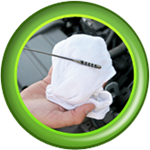
A clean engine works more efficiently and uses less fuel
Having your car regularly serviced and ensuring that the fuel and oil system is cleaned will make the engine work more efficiently, use less fuel and produce less CO2.
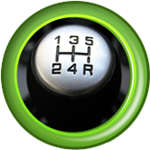
Less stopping and starting means less CO2
Keep an eye on the traffic ahead and slow down early by gently lifting your foot off the accelerator while keeping the car in gear.
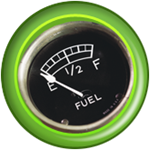
Pump up to cut down
Check and adjust your tyre pressures regularly and also before long journeys. Under-inflated tyres increase CO2 but over-inflated tyres can be unsafe. Check your car manual for the correct tyre pressures.
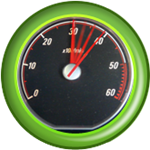
Over revving accelerates emissions
Using your gears wisely by changing up a gear a little earlier can also reduce revs. If you drive a diesel car, try changing up a gear when the rev counter reaches 2000rpm. For a petrol car change up at 2500rpm.

Less clutter in your car means less CO2
Removing extra weight could reduce your engine's workload. Burn less fuel and cut your CO2 emissions by unloading any items you won't need before your journey.
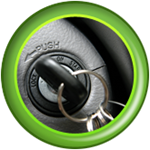
Idling is wasting fuel
When the engine is idling, you're wasting fuel and adding to CO2 emissions. If you're likely to be at a standstill for more than 3 minutes, simply switch off the engine.
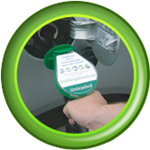
Driving at an appropriate speed reduces CO2
Staying at or within the speed limit not only increases driver safety but also reduces CO2 emissions and saves money on your petrol costs. At 70mph you could be using up to 9% more fuel than at 60mph and up to 15% more fuel than at 50mph.